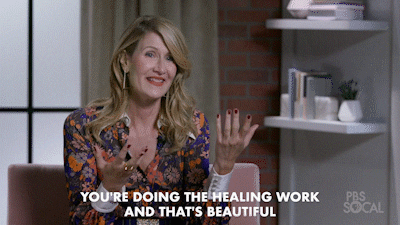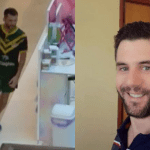
If you’re a human being, living in the year 2022, chances are that you’ve had some sort of mental wobble over the past few years. From COVID-19 to floods, growing wealth inequality and a federal election, things haven’t exactly been hunky-dory around these parts.
The one up-side to this pile of rubbish we’ve been served recently? More people are talking about mental wellbeing. With 20% of young Australians experiencing high or very high levels of psychological distress in the last year, it’s important for everyone to open up and stay on top of mental wellbeing before becoming overwhelmed.
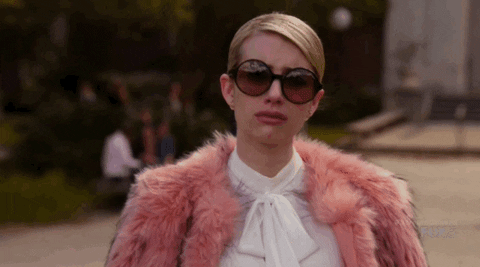
PEDESTRIAN.TV spoke with Amber Rules, a psychotherapist, clinical counsellor, and Founder and Director of Rough Patch Affordable Counselling to learn more about looking after our noggins. Amber explains that focusing on mental wellbeing is “different for everyone,” but a good place to start is by considering the different ~dimensions~ of wellbeing.
Dimensions? What is this, some new Marvel multiverse?
Turns out that there are different dimensions that make up what we consider to be mental wellbeing. According to Amber, these are “mental, emotional, physical, social, occupational, environmental, financial and spiritual.”
“Some of these needs will be easier to meet and others harder. Focusing on balance in all of these areas is a useful way to look after your mental wellbeing.”
It’s All About The Balance, Baby
Just looking at that list may seem overwhelming but it’s important to remember that you don’t have to work on every dimension, everyday. It’d be another full-time job if you sat down and ticked off a check-list of wellbeing activities after 5pm. The good thing is that focusing on just one or two areas a day will be enough to keep your mental wellbeing in check. Yay!
These can include a walk outside on your lunch break, calling a friend to unwind after work, or turning your phone off and getting lost in a book. Basically, activities where you’re not being “productive” under the eyes of capitalism.
Queensland Health recommends being active for just thirty minutes per day to improve your physical health (and therefore, your mental wellbeing). Activity doesn’t have to be boring either. Skip the expensive gym class and opt for a round of tennis with a friend or a beachside walk with your mum. Anything that gets you out of your head and feeling good. Pair that with a decent diet and solid sleep routine and you’ll be laughing, mate.
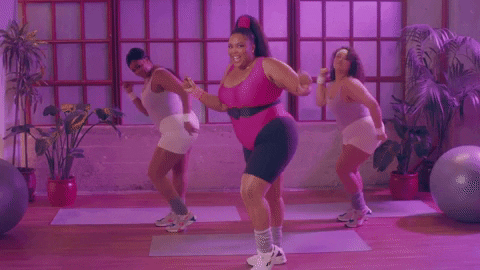
Stay In Your Lane
Another way to help our minds is to focus on what we can control. We can’t individually control the economy or politics, but by taking ownership of our own lives and improving mental wellbeing from within, the outside world may feel less harsh i.e. we become more resilient.
“Humans naturally try to control things that feel worrisome or dangerous – it’s an evolutionary drive,” says Amber. “Practising acceptance can be a useful tool. You might say to yourself ‘Can I change this situation or person, or would I reduce my suffering by accepting this as it is and taking action to care for myself instead of trying to control or change it?’”
Wise words.
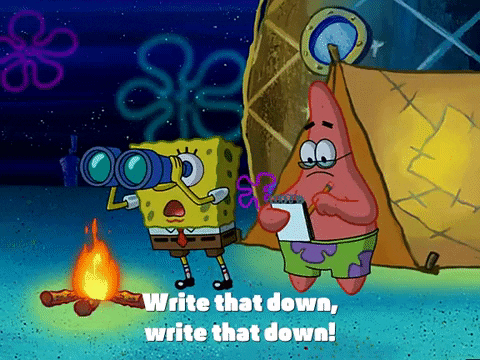
Me-Time
Amber also notes that building mental resilience can help us to “bounce back” from difficult experiences more quickly and deal with day-to-day stressors effectively. One way to do this is to prioritise ‘me-time’. It doesn’t all have to be expensive spa treatments and selfishness, either. ‘Me-time’ can look like staying in to do something nice for yourself when you begin to feel overwhelmed or taking yourself on a date to get a coffee and sit in a park.
There’s a reason why flight attendants tell you to fit your own oxygen mask before trying to help others. You’re no good to anyone if you’re a wreck from putting your mental and physical needs last. In saying that, to the extroverted folks out there, make sure you’re actually finding the time alone restorative and you’re not isolating yourself from friends and family.
“For a lot of people, time alone is very important to help them recharge, think, process feelings and rest. Our ‘me-time’ needs vary, so some people won’t need as much time alone as others, and some people will struggle with alone time,” says Amber. “For some people, ‘we-time’ is more important than ‘me-time’.”
So there you have it. By implementing just a handful of these tips into your daily life, the world may not feel as overwhelming. If you’re feeling even more inspired to take charge of your brain, head on over to Queensland Health’s Your Mental Wellbeing.
